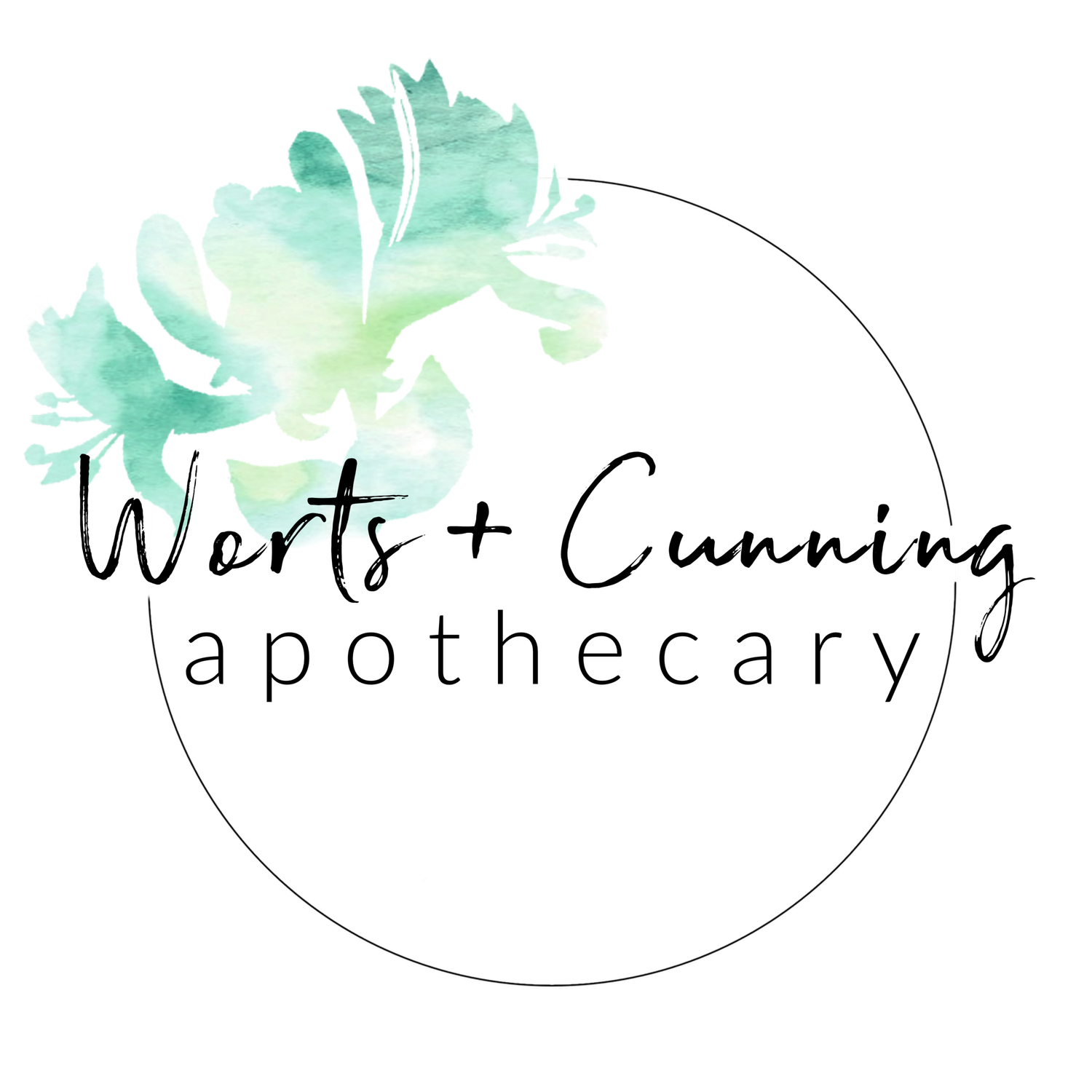Tree of Medicine: Elder
Lady Ellhorn, give me of thy wood,
And I will give thee of mine,
When I become a tree.
So goes the chant to be said when cutting a branch from the sacred Elder tree. Inhabited with the spirits of Witches and Dryads, the chant warns them off so no harm comes to them. Magic surrounds the legends of Elder. There is a Sicilian tradition of placing elder in the home to protect against theft and a newlwed couple in Serbia would be given elder for good luck and a happy future. Protecting against all forms of evil and dark magick, Elder is generous in bestowing good fortune. But always remember to give honor to the Hylde-Moer as the the Elder tree mother is known in Denmark. In addition to guarding the doorways between this world and the next, Elder has many practical uses for the health of the living.
Elder is probably best known for its marvelous ability to treat colds, flus, and upper respiratory infections. Elder berry is effective against at least 10 strains of the flu virus and generally reduces flu symptoms by 3-4 days. One of the reasons Elder berries are so effective against the flu is because they strengthen cell membrane by preventing virus penetration. Elder binds and disarms hemagglutinins which are viral spikes that punch through cell membranes to deliver the virus. The flowers and berries of Elder also help remove toxins from the body by inducing sweating as diaphoretics. The purple color of the berries are from anthocyanins which have fierce free-radical scavenging capabilities and the berries also enhance immune function.
Even after all that work, Elder still finds time to help reduce stress, treat rheumatism, neuralgia, headaches, sore throats, hayfever, sinusitis, ear infection, and improve athletic recovery time. Topically, the flowers are anti-inflammatory, soothing to the eyes, and they also help capillaries. The leaf can be used topically for bruises, sprains, wounds, chilblains, and acne.
Elder Berry syrup and tea is my favorite way to enjoy the healing powers of Elder. You can also get Elder Berry powder, which is still a bit grainy, and mix that into your breakfast cereal and oatmeal. I also use Elder Flowers topically in a facial toner - you can easily make an herbal steam with them! Boil a few cups of water and pour into a bowl, adding about a tablespoon or two of Elder flowers. Sit over the bowl, covering your head and bowl with a towel so you are completely immersed in the steam. Relax and enjoy for the next 5-10 minutes. Elder flowers will help to reduce inflammation and gently soothe irritated skin that is prone to acne.












